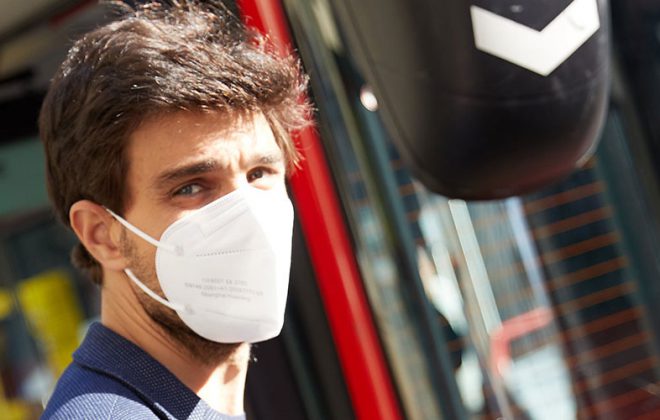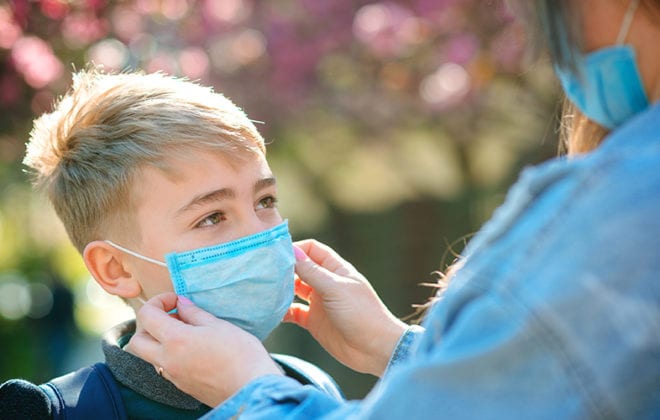The best way to prevent respiratory contagion in crowded places
Airborne viruses have always been among us. But lately, as we came to fear the unexpected, more people want to find out ways to prevent virall infection. Especially in crowded places.
Viral particles move in a predictable way. But as the environmental factors change, predicting how the smallest droplets can spread becomes almost impossible. This is why masks, social distancing, and humidity affect the spread of rhinoviruses and viruses like the flu, SARS, and H1N1.
Many researchers and public authorities have shared their findings to restrain viral respiratory infections indoors. So, here are the top 9 tips for preventing in crowded places.
Be conscious
To start with the obvious, your actions speak volumes. If you want to prevent infection in crowded places, begin to notice any mistake you might make. For example, the flu is highly contagious about 24 hours before the first symptoms until a week later. So, during this period, avoid visiting crowded places. On the flip side, avoid going near a person with a running nose or wet cough.
Continue taking all precautions
The first shot of the vaccine does not provide immunity. So, watch your distance, keep washing your hands frequently, and wear a mask at all times while you wait for the second shot.
Open the windows
The infective droplets that an infected person releases in the air can be contagious for many hours. For example, measles droplets remain active for up to two hours. Even after the person with measle has left the room. So, when other persons with a weak immune system or unvaccinated ones walk into that room, they can contract measles easily. So, open a window to ensure optimal ventilation and lower the risk of infection.
Avoid unnecessary meetings
Remaining in a crowded place is risky whenever people have no rules to follow. Luckily, you can set up visible lines to guide people around. Here is a practical example for protection in a busy workplace. Put boxes for delivering parcels and items. In this way, you can reduce the amount of unnecessary daily contact.
Keep it quiet!
Shouting and singing loudly lead to the production of more respiratory particles. Plus, as you inhale more deeply after yelling, raising your voice is not advised. In any case, singing and talking softly is still safe.
Get vaccinated
From a medical perspective, vaccines are the primary means of mass protection. They are widely available and reduce the length and viral load for everybody else if you become infective. Consult with your physician about the common respiratory viruses that cause diseases in humans and which treatment options suit you.
Discuss how to stay safe with people you do not know well
Some people try to downplay the health recommendations on how to avoid getting infected. And as you can imagine, such beliefs and behaviour are not ideal in cramped spaces. Outdoors, talking with a security guard before you enter an office or a store is also a good idea. Let other people know what you want them to do and how you would like them to behave.
Consider benefits VS risks ahead of time
Besides partying, people gather for different reasons. Maybe, you need to buy groceries or visit your clients in busy offices. Only enter a new building while wearing an N95 mask or equivalent medical devices.
Protect your nasal cavity
Use personal powder sprays devices to halt the virus’s journey to your lungs. The molecules that these sprays deliver stop the viruses from infecting us. Of course, it is not a cure as its protection is only temporary. But it does act as an antiviral, locking the virus from entering human cells.



